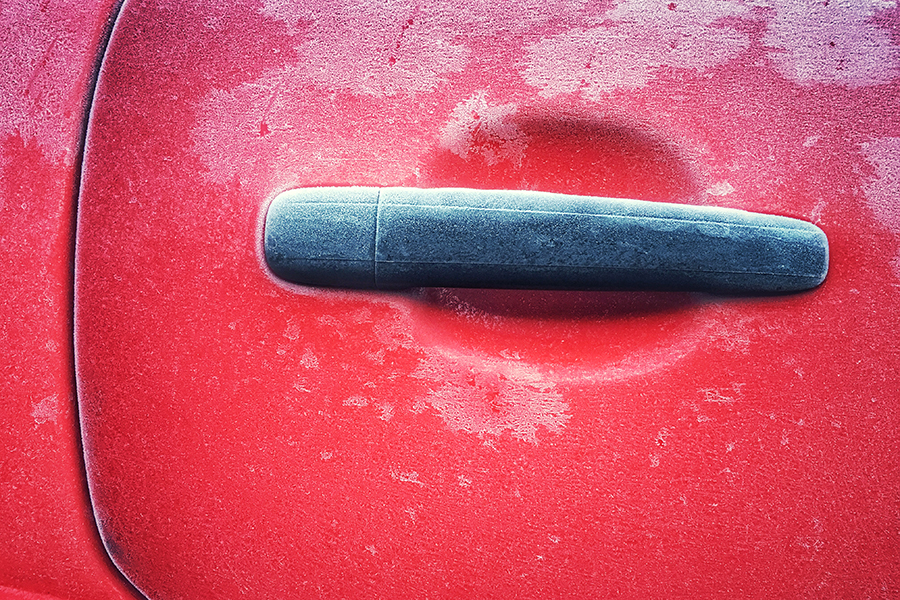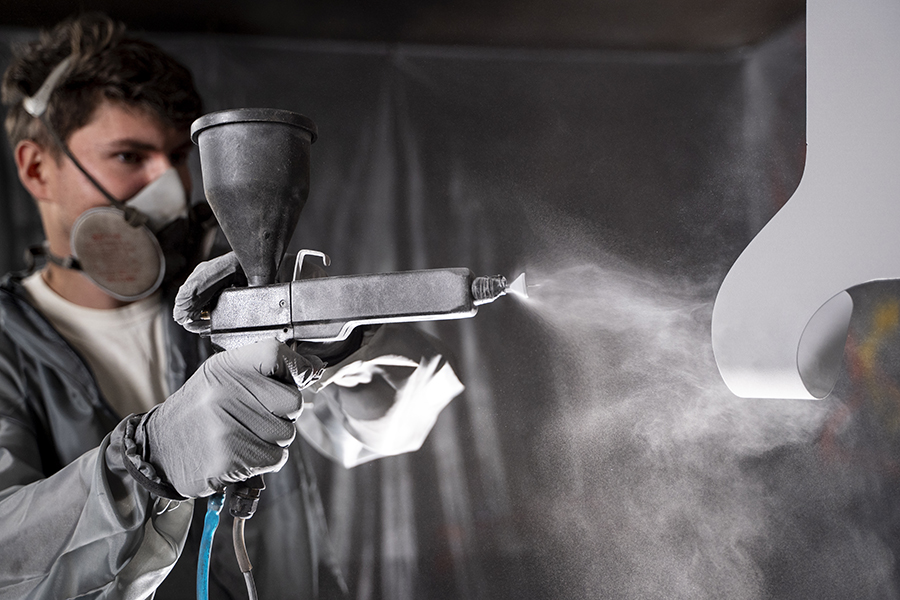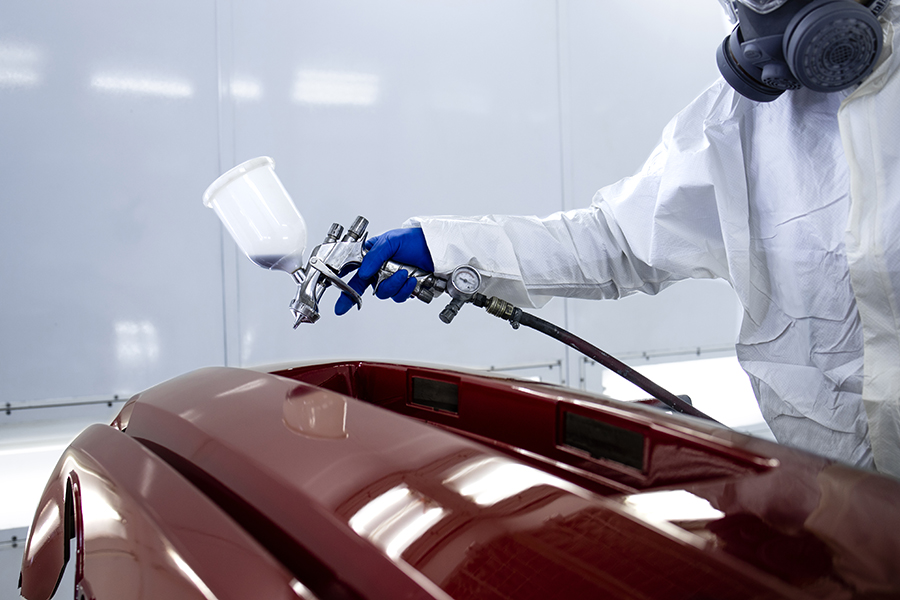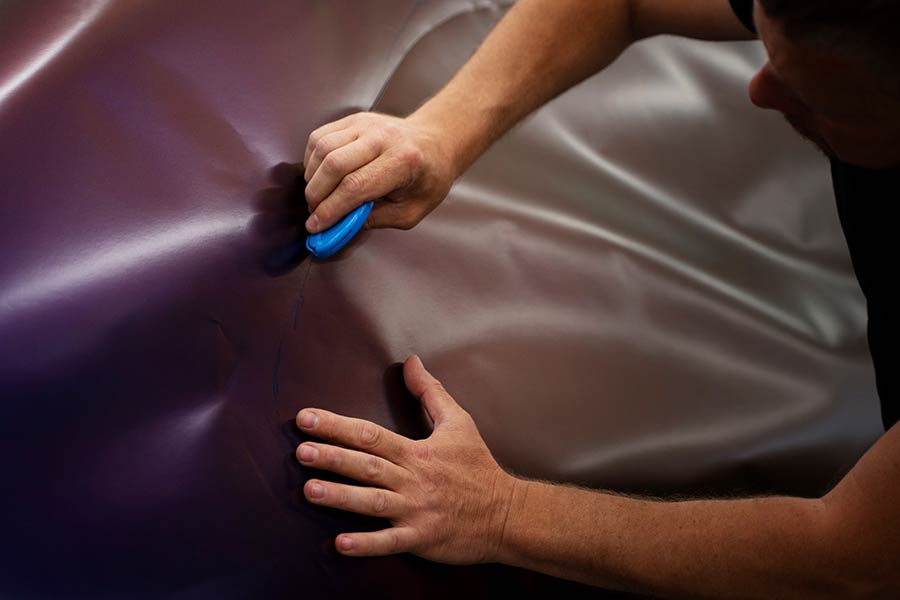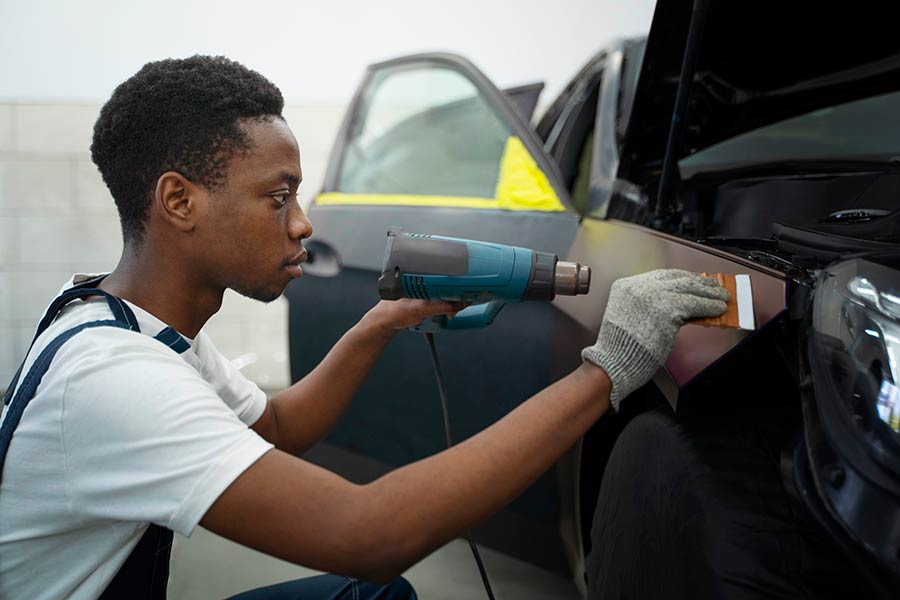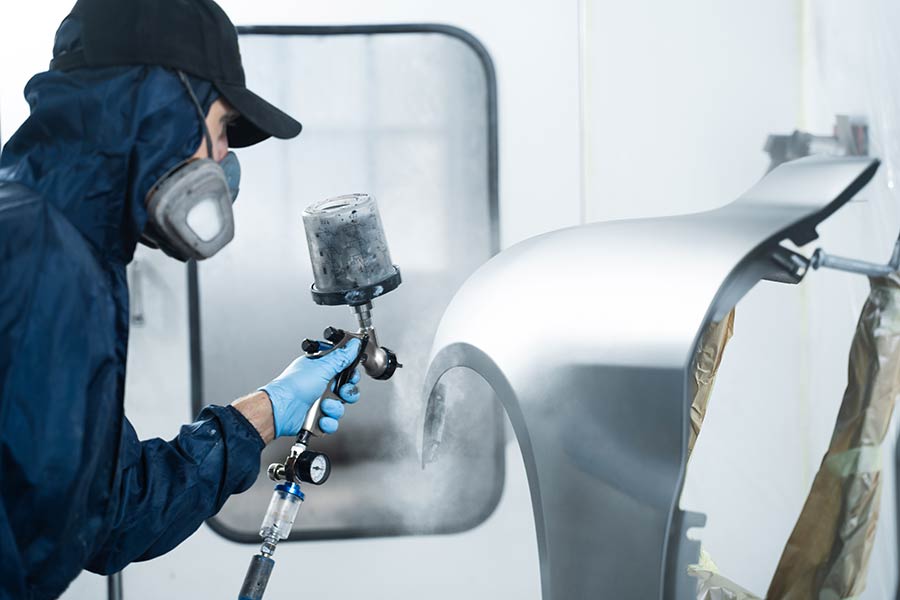Scratched car paint can feel like a thorn in your side. It’s like your car is wearing a permanent frown. But don't worry, fixing it isn't rocket science. Cars have been around for over a century, and scratched paint has been an issue since day one. Thankfully, there are simple ways to make those scratches disappear. Whether it's a tiny nick or a big gouge, you can handle it with some easy steps. Let’s dive into the world of scratched car paint repair and get your ride looking fresh again.
Key Takeaways
- Know Your Scratch: Identify if it's a surface scratch or deeper. This helps decide the repair method.
- DIY Repairs: Use toothpaste or scratch kits for small scratches. It saves money and time.
- Pick the Right Product: Choose products that match your car's paint color for best results.
- Consider Professionals: For deep scratches, a professional repair ensures quality and longevity.
- Prevent Scratches: Park in safe spots and use car covers to avoid future damage.
- Regular Maintenance: Keep your car clean and waxed to protect the paint from scratches.
Understanding Car Scratches
Types of Scratches
Surface scratches only affect the clear coat. They are shallow and don't reach the paint. These scratches often look like light marks on the surface.
Paint scratches go deeper, reaching the color layer. They are more visible than surface scratches. These require more attention to fix properly.
Deep scratches reach the primer or metal. They expose the car's body underneath. Repairing these needs professional help for best results.
Common Causes
Minor collisions or bumps often cause scratches. Parking too close to another car can lead to such damage.
Keys or sharp objects can also scratch a car's paint. Sometimes, people accidentally scrape their cars with keys while unlocking doors.
Environmental factors like tree branches contribute too. Branches brushing against a car can leave marks. Windy days increase this risk.
Severity Levels
Scratches have different severity levels: light, moderate, or severe. Light scratches are barely noticeable and easy to fix.
Moderate scratches show more clearly and need more effort to repair. They might need sanding before repainting.
Severe scratches are deep and very visible. Repairing them is difficult and often requires expert skills. The depth affects how hard they are to fix.
DIY Scratch Repair Methods
Basic Tools Needed
To fix car paint scratches, gather a few basic tools. You'll need sandpaper and polishing compounds. These help smooth and shine the area. Use microfiber cloths for cleaning and buffing. They are gentle on the car's surface. Obtain touch-up paint that matches your car's color. This ensures a seamless look after repair.
Step-by-Step Guide
Start by cleaning the scratched area thoroughly. Dirt can affect the repair. Next, sand the scratch gently to smooth its edges. Be careful not to remove too much paint. Apply touch-up paint using a small brush or pen. Let it dry completely. Finish by polishing the area for a smooth finish.
Tips for Best Results
Work in a shaded area to avoid direct sunlight. Heat can make products dry too fast. Follow product instructions carefully for application. Each brand may have different steps. Allow adequate drying time between each step. This helps ensure the repair looks professional.
Choosing Scratch Repair Products
Factors to Consider
Think about the age and condition of your car's paint. Older cars might have faded paint, making it harder to match. Newer cars usually have fresher paint, which is easier to repair.
Next, check where the scratch is and how big it is. Small scratches are often easier to fix on your own. Big scratches might need professional help. DIY repairs can save money but require time and effort. Weigh the cost against the convenience of hiring a professional.
Popular Product Types
Scratch removal kits are popular in stores. They often include everything you need for basic repairs. These kits work well for small scratches.
Rubbing compounds can help with minor scratches too. They smooth out the surface by removing a thin layer of paint. This makes the scratch less visible.
Touch-up pens offer precise application for tiny scratches. They come in various colors to match your car's paint. These pens are handy for quick fixes.
Application Techniques
When applying products, use circular motions. This helps spread the product evenly over the scratched area. Be gentle and use light pressure to avoid making things worse.
Layer products gradually for better results. Start with a thin coat and add more if needed. This approach ensures a smoother finish.
Professional Repair Options
When to Seek Help
Sometimes, scratches are too deep or wide for a simple fix. Consult a professional if the scratch reaches the metal. They have the tools and experience to handle it. If you feel unsure about fixing it yourself, it's wise to ask for help. High-value cars might need expert care. Protecting your investment is important.
Benefits of Professional Service
Professionals offer many benefits. They have expert knowledge and skills. This ensures a smooth and lasting repair. High-quality results are their goal. You save time and effort by choosing professional services. They handle all the hard work, so you don't have to worry about making mistakes.
Cost Considerations
Think about costs when deciding on repairs. DIY might seem cheaper at first. But consider the price of tools and materials. These can add up quickly. Professionals may cost more upfront but can save money long-term. Preventing further damage is a big plus. Avoid costly future fixes by getting it done right the first time.
Preventing Future Scratches
Protective Measures
Applying a clear coat or wax can protect your car's paintwork. These layers act as a shield against scratches and environmental damage. Car covers are another great option. They keep your vehicle safe from dust, bird droppings, and harsh weather.
Installing protective film on vulnerable areas like bumpers and doors is wise. This film absorbs minor impacts and prevents scratches. It’s a simple step that can save you money in the long run.
Regular Maintenance Tips
Regular washing and waxing help maintain your car's paint. Dirt and grime can scratch the surface if left unchecked. Inspect your car often for new scratches or damage. Early detection allows for quick fixes before they worsen.
Address minor scratches promptly. Small scratches can spread if ignored. Quick action keeps your car looking its best.
Safe Parking Practices
Park away from high-traffic areas to avoid dings and scratches. High-traffic spots increase the risk of accidental bumps. Choose covered parking when possible to protect from sun and rain. Weather can fade paint over time.
Avoid parking under trees. Sap and falling debris can harm your car's finish. These elements are hard to clean and may leave permanent marks.
Closing Thoughts
here you have it! Scratches on your car can be a real eyesore, but fixing them isn't rocket science. You've got the know-how now—whether you're rolling up your sleeves for a DIY job or picking the right product off the shelf. And hey, sometimes calling in the pros might just be the ticket if things get too hairy.
But remember, prevention is always better than cure. Keep those pesky scratches at bay with some simple habits. Now, why not take action? Check out your car and see what needs fixing. Dive into those repairs and keep your ride looking slick. Your car’s paint job is like its skin—take good care of it. So go on, give your car the love it deserves! Got questions or tips? Share them with us. We're all ears!
Frequently Asked Questions
What causes car scratches?
Car scratches happen from everyday mishaps. Think of shopping carts, tree branches, or even your keys slipping. These little accidents can leave marks on your car's paint.
Can I fix car scratches myself?
Absolutely! You can tackle minor scratches with DIY methods. It's like giving your car a little TLC at home. Just gather the right tools and follow some easy steps.
What products are best for scratch repair?
Look for scratch repair kits with polish, compound, and cloths. Brands like Meguiar’s or Turtle Wax have great options. It's like a first-aid kit for your car's paint.
When should I see a professional for scratch repair?
If the scratch is deep enough to show metal or affects multiple layers, it's time to call in the pros. Think of it as visiting a doctor for a deep cut.
How can I prevent future car scratches?
Park away from crowded areas and avoid tight spaces. Consider using a car cover if you park outside often. It's like wrapping your car in bubble wrap!
Are DIY scratch repairs effective?
For light scratches, yes! DIY methods can work wonders and save you money. It's like putting a bandage on a small cut—quick and effective.
Is it expensive to fix car scratches professionally?
Costs vary based on depth and extent, but expect to pay anywhere from $50 to $500. It's an investment, much like taking care of a prized possession.
